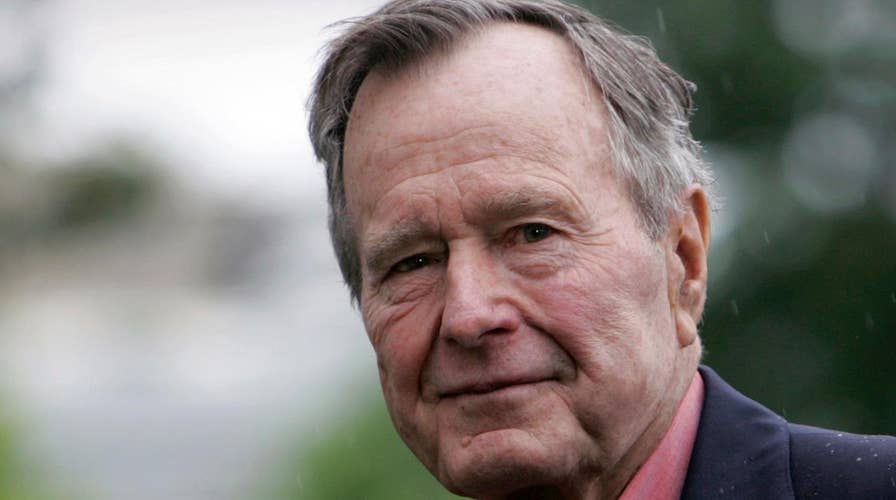Notable Quotables as Americans say goodbye to Bush 41
Highlights from another busy week across the nation.
I feel it needs to be said again: George Herbert Walker Bush should have been awarded the Nobel Peace Prize for his leadership during the collapse of the Soviet Union. It was an epic moment in modern world history, and a close-run thing. “One mishap and much could unravel,” former Canadian Prime Minister Brian Mulroney said, in his eulogy, of those days when the wall was falling, the Warsaw Pact countries rising and the Soviet Union trying to keep its footing as it came to terms with its inevitable end. Patience and shrewdness were needed from the leader of the West, a sensitive, knowing hand.
In “A World Transformed” (1998), Bush described his public approach as being marked by “gentle encouragement.” It caused him some trouble: “I had been under constant criticism for being too cautious, perhaps because I was subdued in my reaction to events. This was deliberate.” He didn’t want to embarrass or provoke. He reminded Mikhail Gorbachev, at the December 1989 Malta summit, that “I have not jumped up and down on the Berlin Wall.”
It was Bush’s gift to be sensitive even to Soviet generals who were seeing their world collapse around them. He knew a humiliated foe is a dangerous foe—and this foe had a nuclear arsenal. He slowly, carefully helped ease Russia out of its old ways and structures, helped it stand as its ground firmed up, and helped divided Germany blend together peacefully, fruitfully.
You’d think the world would have been at his feet, and the prizes flying in from Oslo. It didn’t happen. Why?
Keep reading Peggy Noonan's column in the Wall Street Journal.

